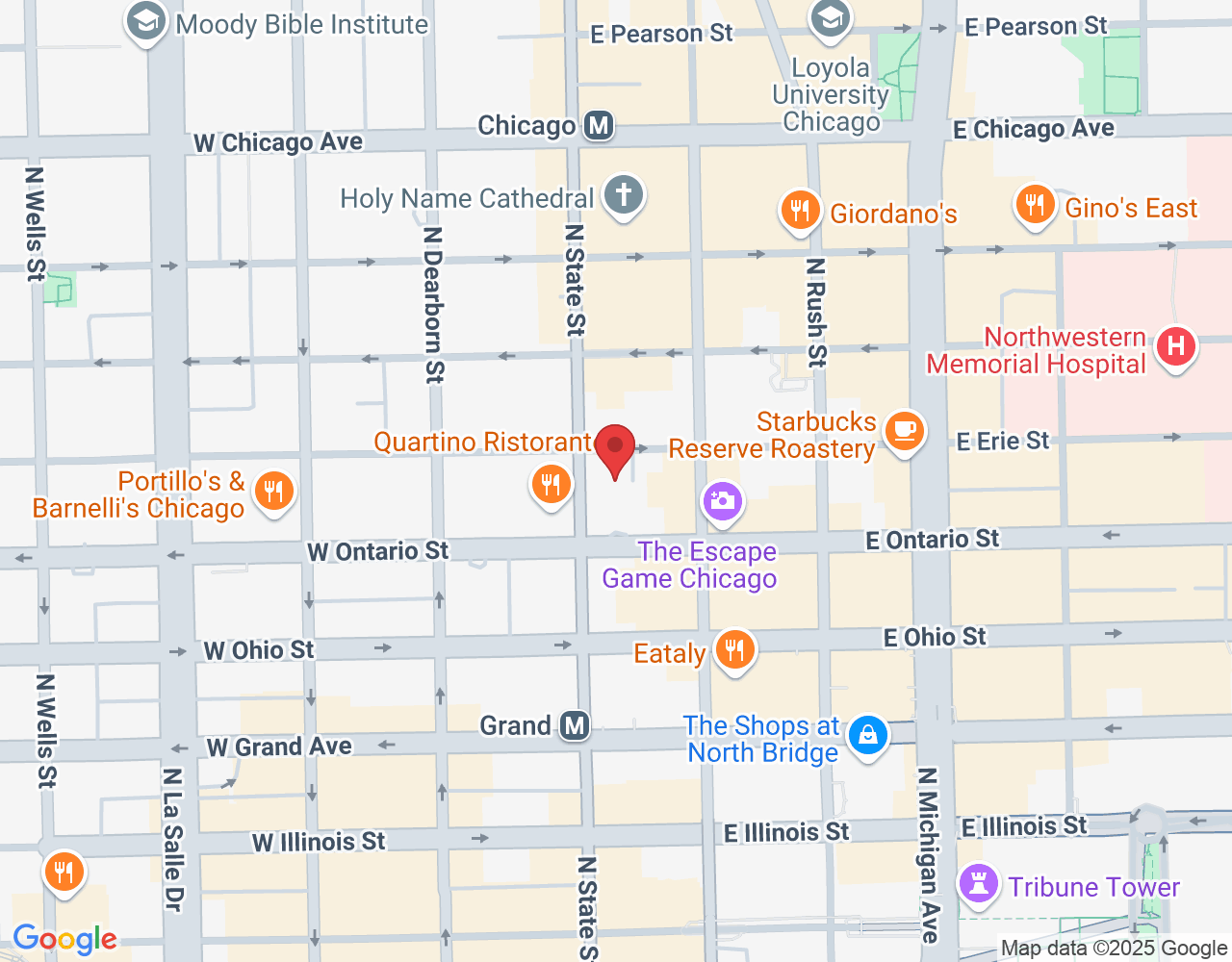
Burial Insurance With Dependent Activities Of Daily Living (ADL)
Burial insurance, also known as final expense insurance, is a crucial financial tool that can provide much-needed support for your loved ones in the event of your passing. While these policies are primarily designed to cover funeral and burial costs, they can also offer additional benefits that may be of interest to those with dependent family members who require assistance with Activities of Daily Living (ADLs).
In this comprehensive guide, we will explore the intersection of burial insurance and dependent ADL needs, helping you navigate the complexities and find the coverage that best suits your unique situation.
Burial Insurance: Protecting Your Loved Ones
Losing a loved one is an emotionally challenging experience, and the financial burden that often accompanies it can add to the stress and grief. Burial insurance is a type of life insurance policy that is specifically designed to cover the costs associated with your funeral, cremation, or other final arrangements. By investing in a burial insurance plan, you can ensure that your loved ones are not left to shoulder these expenses on their own, allowing them to focus on the grieving process rather than worrying about the financial implications.
The benefits of burial insurance can extend beyond the immediate funeral costs. Many policies also include coverage for medical expenses incurred by family members caring for the deceased in the 12 months leading up to their passing. This can provide much-needed financial relief during a difficult time.
Additionally, some burial insurance plans offer accidental death and dismemberment (AD&D) benefits, which can provide additional payouts in the event that an accident-related illness or injury results in the policyholder's death within a year of the incident.
![Burial Insurance With Dependent Activities Of Daily Living (ADL) [2022 Review] Burial Insurance With Dependent Activities Of Daily Living (ADL) [2022 Review]](https://storage.googleapis.com/msgsndr/lh6ujB7T7TXX8d5Q00ON/media/63f0626c8c6b6754f2e22f82.png)
Considering Dependent Activities of Daily Living (ADLs)
While burial insurance primarily focuses on covering end-of-life expenses, it's important to consider the potential needs of any dependents you may have, particularly when it comes to their Activities of Daily Living (ADLs). ADLs are a set of basic self-care tasks that are essential for independent living, and they are typically defined as the following:
Bathing
Dressing
Eating
Toileting
Transferring (e.g., moving from bed to chair)
Continence
If you or a loved one requires assistance with any of these daily activities, it's crucial to explore insurance options that can provide the necessary coverage and support.
Final Expense Insurance vs. Long-Term Care Insurance
While burial insurance primarily focuses on covering end-of-life expenses, it's important to consider the potential needs of any dependents you may have, particularly when it comes to their Activities of Daily Living (ADLs). ADLs are a set of basic self-care tasks that are essential for independent living, and they are typically defined as the following:
Bathing
Dressing
Eating
Toileting
Transferring (e.g., moving from bed to chair)
Continence
If you or a loved one requires assistance with any of these daily activities, it's crucial to explore insurance options that can provide the necessary coverage and support.
Final expense insurance, also known as burial or funeral insurance, is primarily designed to cover the costs associated with your funeral and burial. It is not typically geared towards addressing the ongoing care needs of dependents who require assistance with their ADLs.
On the other hand, long-term care insurance is specifically tailored to provide coverage for services such as in-home care, nursing home care, and assistance with ADLs. This type of insurance can help alleviate the financial burden of caring for a dependent who requires ongoing support with their daily activities.
When considering your insurance needs, it's essential to carefully review the policy terms and consult with insurance professionals or financial advisors. They can guide you in selecting the right insurance solution to meet your specific needs and those of your dependent.
![Burial Insurance With Dependent Activities Of Daily Living (ADL) [2022 Review] Burial Insurance With Dependent Activities Of Daily Living (ADL) [2022 Review]](https://storage.googleapis.com/msgsndr/lh6ujB7T7TXX8d5Q00ON/media/63f062d88c6b676201e22f8d.jpeg)
Navigating the Underwriting Process for Burial Insurance with ADL Needs
Applying for burial insurance can be a straightforward process, but it becomes more complex when you or your dependent requires assistance with ADLs. Insurance companies typically assess various aspects of your health and medical history during the underwriting process, and the presence of ADL needs can be a significant factor in their evaluation.
During the underwriting process, insurance companies may ask you a series of health-related questions, including:
Current or historical illnesses and medical conditions
Prescribed medication history
Detailed questions about your or your dependent's ability to perform ADLs and Instrumental Activities of Daily Living (IADLs)
IADLs are a set of more complex life skills that are often used by insurance companies to assess an individual's level of independence. These include tasks such as:
Managing medications
Preparing meals
Performing light to heavy housework
Using the telephone
Shopping
Handling finances
Traveling (both locally and long-distance)
The insurance company's assessment of your or your dependent's ability to independently perform these tasks can have a significant impact on the coverage offered and the premiums charged.
It's important to be honest and transparent when answering the insurance company's questions. Inaccuracies or omissions in your application could potentially affect your coverage or future claims.
Navigating the Underwriting Process: Tips and Strategies
Navigating the underwriting process for burial insurance with ADL needs can be daunting, but there are strategies you can employ to improve your chances of securing the coverage you need.
Gather Your Health Information: Before applying for burial insurance, take the time to gather all relevant information about your or your dependent's medical history, current health conditions, and ADL/IADL needs. This will help you provide accurate and thorough responses during the application process.
Research Insurance Providers: Explore various insurance providers that offer burial insurance policies, paying close attention to those that have experience and expertise in handling cases involving ADL needs. Look for providers with a strong track record and positive customer reviews.
Work with an Independent Insurance Agent: Consider working with an independent insurance agent who has experience in navigating the burial insurance market and can help you identify the most suitable policy options for your specific situation. Independent agents have access to a wider range of insurance providers and can often provide more personalized guidance.
Understand Policy Terms and Exclusions: Carefully review the terms and conditions of any burial insurance policy you are considering, paying close attention to any exclusions or limitations related to ADL needs. This will help you make an informed decision and avoid potential gaps in coverage.
Consider Guaranteed Issue Policies: If you or your dependent has significant ADL needs and are unable to qualify for a traditional underwritten burial insurance policy, a guaranteed issue policy may be an option to consider. These policies typically have higher premiums but do not require a medical underwriting process.
Seek Legal or Financial Advice: For complex situations or if you are unsure about the best approach, consider consulting with a financial advisor or an attorney who specializes in insurance and elder law. They can provide valuable guidance and help you navigate the process effectively.
By following these strategies, you can increase your chances of finding a burial insurance policy that not only covers your end-of-life expenses but also addresses the needs of your dependent who requires assistance with ADLs.
Burial Insurance and Continence: Understanding the Impact
When it comes to burial insurance and ADL needs, the issue of continence (the ability to control one's bowel and bladder functions) can be a significant factor in the underwriting process. Insurance companies often view the need for assistance with continence as an indication of declining physical or mental health, which can impact the coverage options and premiums available.
If you or your dependent requires assistance with continence, it's crucial to be upfront and transparent about this during the application process. Insurance companies will likely inquire about the specific nature of the continence issue, the level of assistance required, and any underlying medical conditions that may be contributing to the problem.
It's important to note that the way insurance companies approach and assess continence-related ADL needs can vary. Some may have more stringent underwriting criteria, while others may be more flexible in their approach. Working with an experienced independent insurance agent can be beneficial, as they can navigate the market and help you find the most suitable policy for your situation.
In some cases, the need for assistance with continence may make it more challenging to qualify for traditional underwritten burial insurance policies. In such scenarios, a guaranteed issue policy may be a viable option to consider, though the premiums for these policies are typically higher.
Ultimately, being proactive and transparent about your or your dependent's continence-related ADL needs can help you navigate the burial insurance landscape and secure the coverage that best meets your requirements.
![Burial Insurance With Dependent Activities Of Daily Living (ADL) [2022 Review] Burial Insurance With Dependent Activities Of Daily Living (ADL) [2022 Review]](https://storage.googleapis.com/msgsndr/lh6ujB7T7TXX8d5Q00ON/media/63f062fb1e60ae997a9f8f8f.jpeg)
The Role of Independent Insurance Agencies
When navigating the complex world of burial insurance, particularly when it comes to addressing the needs of dependents with ADL requirements, working with an independent insurance agency can be invaluable.
Independent insurance agencies, such as BestBurialPolicy.com, possess several key advantages that can benefit individuals and families in need of comprehensive coverage:
Access to Multiple Providers: Independent agencies have the ability to work with a wide range of insurance providers, allowing them to assess and compare a variety of policy options to find the best fit for your specific needs.
Specialized Expertise: Independent agencies often employ insurance agents who specialize in final expense or burial insurance, with a deep understanding of the underwriting criteria and premium structures of different providers. This expertise can be particularly helpful when dealing with ADL-related considerations.
Personalized Guidance: Rather than a one-size-fits-all approach, independent agencies can offer personalized guidance, taking the time to understand your unique situation and helping you navigate the insurance landscape to find the most suitable coverage.
Financial Stability and Reputation: When selecting an independent agency, it's important to choose one that represents highly-rated, financially stable insurance providers that have a proven track record of weathering industry challenges and delivering on their promises to policyholders.
At BestBurialPolicy.com, our team of experienced insurance specialists is dedicated to helping individuals and families, including those with dependent ADL needs, find the best burial insurance coverage available. We have established strong relationships with the top-rated insurance providers in the nation, allowing us to present you with the most comprehensive and cost-effective solutions.
By working with an independent agency like BestBurialPolicy.com, you can rest assured that your burial insurance needs, including those related to dependent ADLs, will be addressed with the utmost care and professionalism. We are committed to guiding you through the process, ensuring that you have the coverage you need to provide for your loved ones in the event of your passing.
The Average Cost of Burial Insurance
The cost of burial insurance can vary significantly depending on a variety of factors, including your age, health status, the amount of coverage you need, and any specific riders or additional features you choose to include in your policy.
On average, the monthly premiums for burial insurance can range from $25 to $100 or more, depending on the aforementioned factors. It's important to note that individuals with pre-existing medical conditions or ADL needs may face higher premiums, as the insurance company will assess the increased risk.
Guaranteed issue burial insurance policies, which do not require a medical underwriting process, tend to have higher premiums compared to traditional underwritten policies. This is because the insurance company is taking on a higher level of risk by offering coverage without the benefit of a detailed health assessment.
When considering the cost of burial insurance, it's essential to weigh the potential financial burden on your loved ones against the peace of mind and protection that the policy can provide. By working with an experienced insurance agent or broker, you can explore various options and find the most cost-effective solution that meets your specific needs and budget.
![Burial Insurance With Dependent Activities Of Daily Living (ADL) [2022 Review] Burial Insurance With Dependent Activities Of Daily Living (ADL) [2022 Review]](https://storage.googleapis.com/msgsndr/lh6ujB7T7TXX8d5Q00ON/media/63f063288c6b678f71e22f93.jpeg)
Conclusion
Burial insurance, when combined with considerations for dependent Activities of Daily Living (ADLs), can provide a comprehensive financial safety net for you and your loved ones. By understanding the nuances of how ADL needs are assessed, navigating the underwriting process, and exploring the options available through independent insurance agencies, you can ensure that your final arrangements and the care of your dependents are taken care of, even in the event of your passing.
Remember, the key to finding the right burial insurance coverage is to be proactive, transparent, and diligent in your research. Consult with insurance professionals, consider your specific needs and budget, and make informed decisions to provide the best possible protection for you and your family.
By taking the time to explore the intersection of burial insurance and dependent ADLs, you can take a significant step towards securing the future and well-being of your loved ones, even in the face of life's most challenging moments.
Evaluate quotes from leading insurance providers
Compare quotes from top insurance carriers
Best Plan For Me
Qualified Health Impairments
This site provides life insurance information and quotes. Each rate shown is a quote based on information provided by the carrier. No portion of BestBurialPolicy.com may be copied, published or distributed in any manner for any purpose without prior written authorization of the owner.




